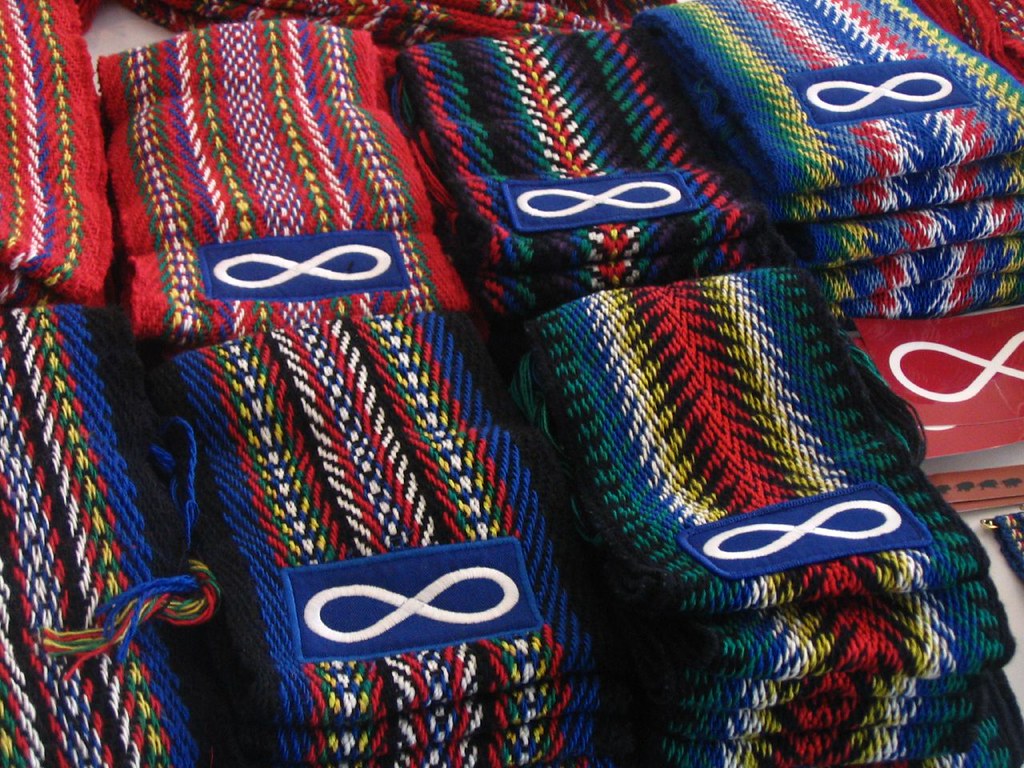
Indigenous Wellness
Creating access to cultural wellness and safety, harm reduction,
empowerment, support, and human rights for Indigenous community
members in the East Kootenays.
We believe that:
- Indigenous-led services are best at creating culturally safe spaces. Nothing about us, without us!
- Indigenous people should not have to face stigma and discrimination in our communities, including (but not limited to) those of us who are homeless, use drugs, or are two spirit and/or LGBTQ+
- Indigenous people deserve culturally relevant and safe overdose prevention services.
- Creating deeper community creates deeper wellness.
- Being on the land together is healing.
- Together, Indigenous elders, peers, and organizations make a difference.
We offer:
- Cultural and land-based activities and events for Indigneous community members, such as campfires and outdoor activities, cooking traditional foods, beading and other traditional artforms, and conversation.
- Support for local Metis people applying for Metis citizenship.
- Educational gatherings (online and in-person) on Indigenous wellness, mental health, and overdose prevention topics.
- Indigenous-led naloxone trainings, drug checking, and drug safety education.
- Local and online anti-stigma, anti-discrimination and human rights campaigns.
- Referrals for non-Indigenous community members seeking education and workshops on cultural safety and respect for Indigenous communities, microagressions, and other anti-racist education.
- Crafting for Mental Health groups teaches basic knitting, Metis beading techniques, and gets people together for wellness.
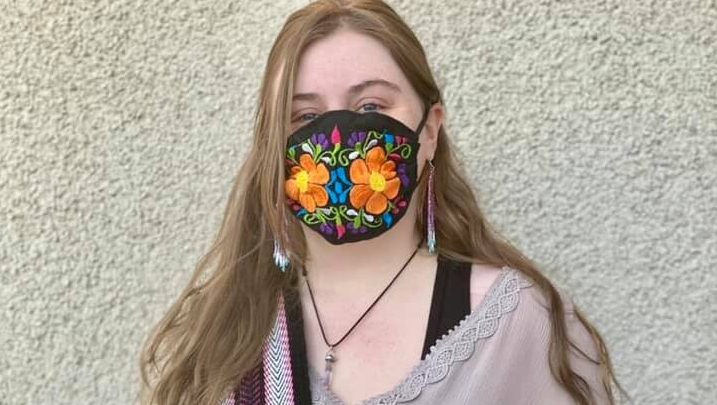
Alexis Hekker
Indigenous Wellness Coordinator
(East Kootenays)
- ankorseast.education.prevention@gmail.com
- 250-581-1633 (call or text)
Our favourite resources
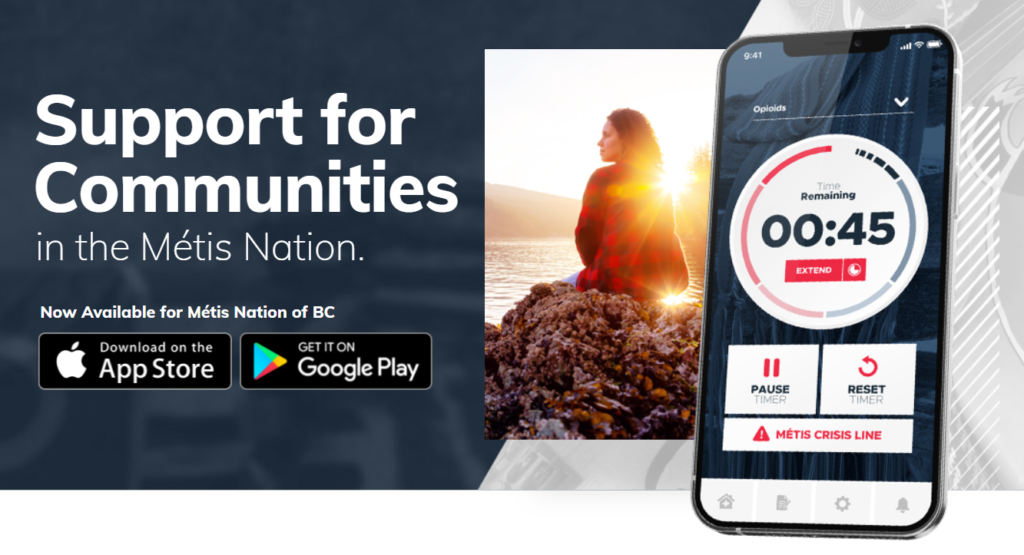
Lifeguard App
Lifeguard is an app that you can use if you are at risk of overdose: it can automatically call emergency health services after a certain amount of time has passed. It also contains useful information on naloxone, CPR, suicide prevention, and connections to various crisis lines (including the Metis Crisis Line).
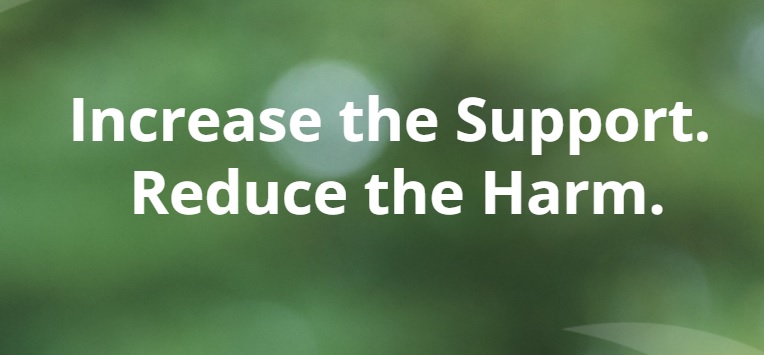
FNHA Harm Reduction
First Nations Health Authority has a series of video interviews with Indigenous folks impacted by overdose. They encourage healing, culture connection, Indigenous mentorships, and more conversation around the topic of overdose.

Harm Reduction Services for Indigenous People Who Use Drugs
There’s often a lack of culturally appropriate and culturally safe harm reduction programs and funded harm reduction services in Indigenous communities, so this guide can help illuminate where to find what you need and understand harm reduction a bit better.
Bring me to Canadian Aboriginal AIDS Networks' resource
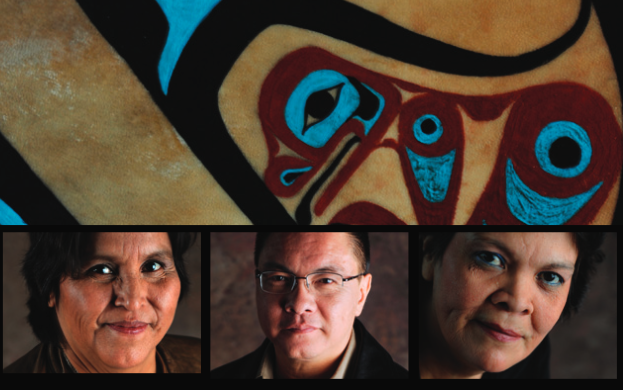
Honouring Our Voices
In March 2015, five aboriginal people from across BC who are affected by Hep C gathered for a day of sharing hosted by Chee Mamuk, Aboriginal Program, from the BCCDC. The participants shared personal stories about their journey with Hep C. This booklet captures those stories using the words of those who shared.
Our favourite video
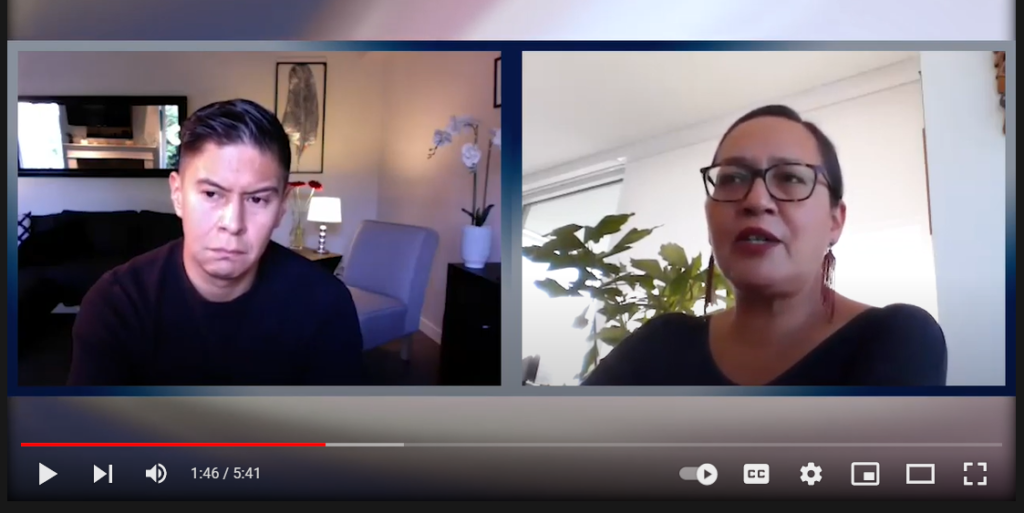
Indigenous People and the Impact of the Overdose Crisis
A conversation hosted by FNHA talking about: How is the overdose crisis affecting Indigenous people? How are Indigenous women affected? What are the barriers for people who want to access services and support?
Funded & Supported by:

